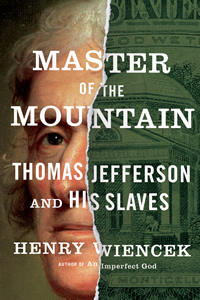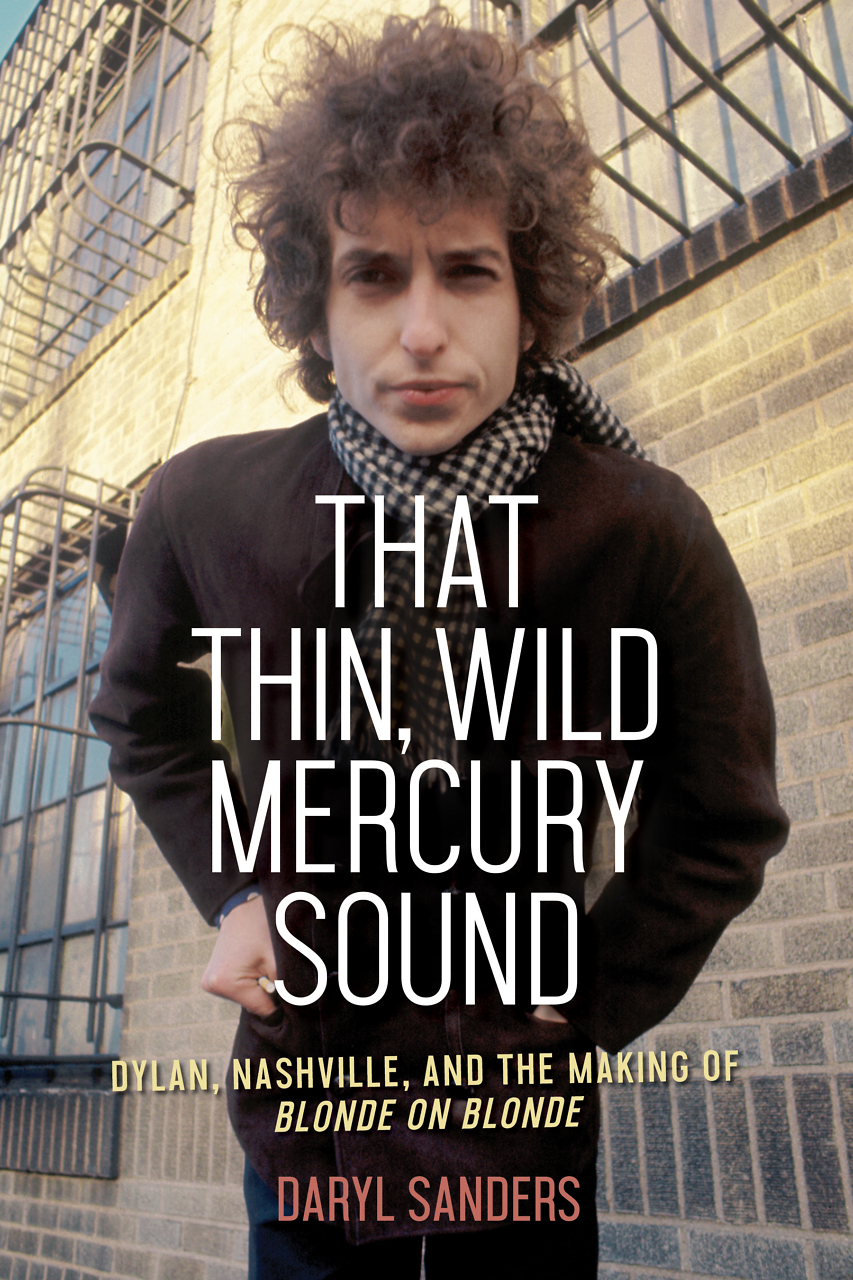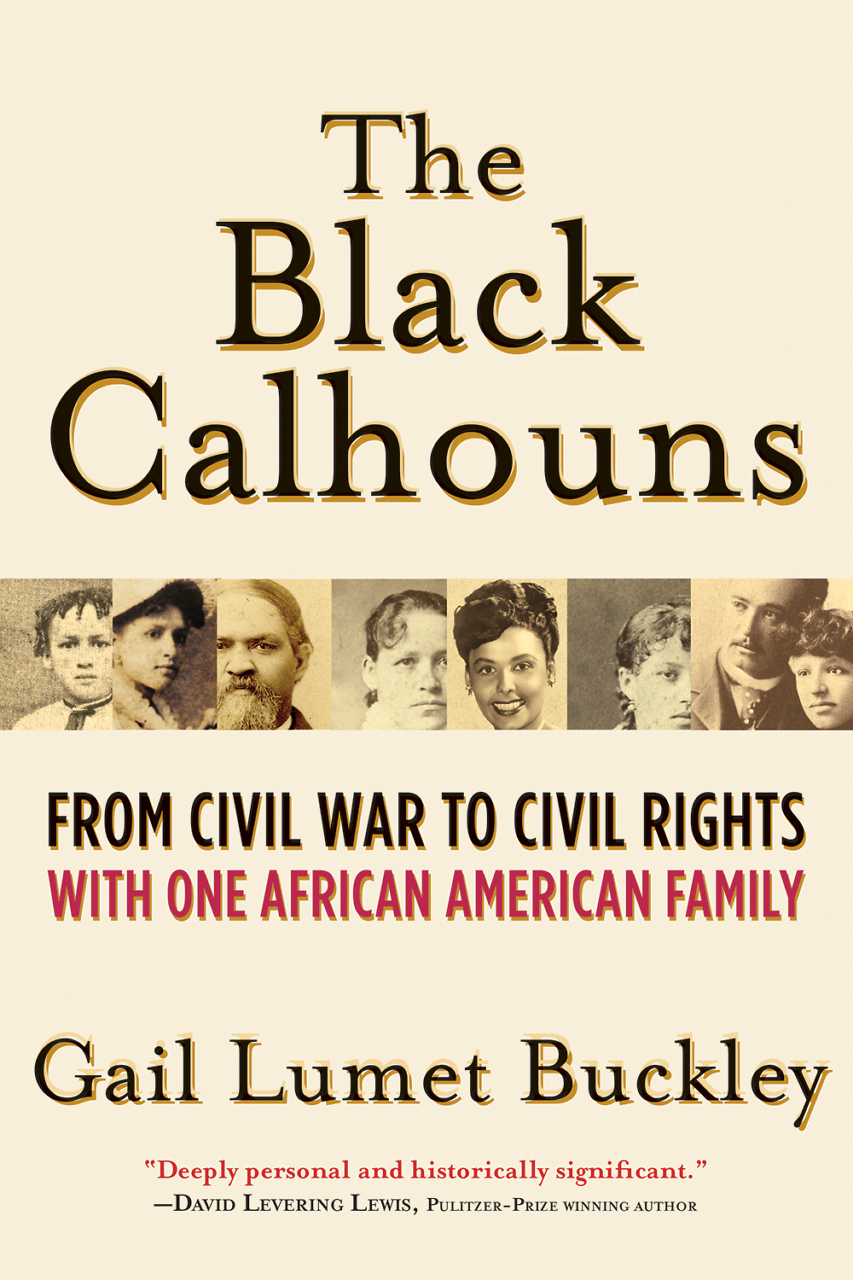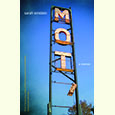The Ghosts of Monticello
In Master of the Mountain, Henry Wiencek meticulously constructs a reevaluation of Thomas Jefferson’s personal and political involvement with the institution of slavery
”The very existence of slavery in the era of the American Revolution presents a paradox,” writes acclaimed historian Henry Wiencek, “and we have largely been content to leave it at that, since a paradox can offer a comforting state of moral suspended animation.” How can we invoke the Founding Fathers to guide our own age, Wiencek implicitly argues, without confronting the fact that many of them were slaveholders, and even those who ardently opposed slavery tolerated its practice? Nowhere is this contradiction more apparent than in our reverence for Thomas Jefferson, who was simultaneously among the young nation’s greatest intellectuals, its greatest champions of liberty, and its most notorious practitioners of what Jefferson himself conceded to be an “execrable commerce” and an “assemblage of horrors.” With Master of the Mountain, Wiencek offers a timely and troubling account of how Jefferson—the Founding Father most frequently invoked as the “guiding spirit” of the New World—rationalized the lifelong practice of an institution he referred to in an early draft of the Declaration of Independence as “a cruel war against human nature itself, violating its most sacred rights of life & liberties.”
Wiencek begins his account of Thomas Jefferson’s involvement in the slave trade with the image of Monticello, the sprawling manse perched on a mountaintop “like the Platonic idea of a house: a perfect creation existing in an ethereal realm, literally above the clouds.” He juxtaposes this image with the tale of Peter Fossett, a descendant of the Hemings family, famously the most favored of Jefferson’s slaves. (Several of them were either the half-siblings of Jefferson’s wife or—it has been alleged—the progeny of Jefferson himself.) As a member of the Hemings family, Fossett later wrote, “we did not need to know that we were slaves.” Then Jefferson died, and eleven-year-old Peter, his mother, and all of his siblings went on the block during the protracted dissolution of Monticello necessitated by the considerable debt Jefferson left to his daughter Martha. Though eventually bought out of slavery by “certain people in Charlottesville,” Fossett spent another twenty-four years enslaved, proving, in Wiencek’s words, “that Monticello was a carefully crafted illusion,” dashed to smithereens when the Master of the Mountain was no longer there to uphold it.
 Monticello is the central motif in Wiencek’s new study of Jefferson’s paradoxically evolving attitudes toward the institution of slavery. The house itself seems to have been designed to help Jefferson hide the uncomfortable truth from his visitors—or, perhaps, even from himself. Among the many ingenious features of Monticello’s design were tunnels and revolving doors that enabled his slaves to transport food, drink, and other supplies in and out of the house without making themselves visible. Mulberry Row, the long lane of cabins that made up the “Main Street” of the small village occupied by some 600 slaves, lay near the mansion but could not be seen from its windows. The slaves, however, could see Jefferson, strolling each morning up and down the length of a rooftop terrace, “a very imposing figure outlined against the magnificent architectural features of his mansion.”
Monticello is the central motif in Wiencek’s new study of Jefferson’s paradoxically evolving attitudes toward the institution of slavery. The house itself seems to have been designed to help Jefferson hide the uncomfortable truth from his visitors—or, perhaps, even from himself. Among the many ingenious features of Monticello’s design were tunnels and revolving doors that enabled his slaves to transport food, drink, and other supplies in and out of the house without making themselves visible. Mulberry Row, the long lane of cabins that made up the “Main Street” of the small village occupied by some 600 slaves, lay near the mansion but could not be seen from its windows. The slaves, however, could see Jefferson, strolling each morning up and down the length of a rooftop terrace, “a very imposing figure outlined against the magnificent architectural features of his mansion.”
Among Henry Wiencek’s chief aims is to debunk the notion that Jefferson was merely “a man of his time” whose involvement in the slave trade was grudging or reluctant. Using a variety of documents and previously published biographies, Wiencek constructs the image of a man who, in his young adulthood, sensed the atrocity of slavery, only to embrace the practice when he discovered how the easily he could profit from it. As late as 1774, Wiencek writes, Jefferson “envisioned not only freedom for the slaves but also their ‘enfranchisement,’ their incorporation into the citizenry.” But by the 1790s, he had reversed his position so dramatically that he recommended slavery as “an investment strategy for the future” and boasted—in letters to none other than George Washington, the only slaveholder among the Founding Fathers to emancipate his own slaves—of the annual four-percent profit he made from the sale of his slaves’ children. Jefferson’s business plan, Wiencek writes, “threatens the comforting notion that he had no real awareness of what he was doing, that he was ‘stuck’ with or ‘trapped’ in slavery, an obsolete, unprofitable, burdensome legacy.”
Wiencek also laboriously deconstructs the notorious passages in Jefferson’s Notes on the State of Virginia (Wiencek calls it “the Dismal Swamp that every Jefferson biographer must sooner or later attempt to cross”), in which Jefferson makes a vivid and nauseating argument for the inferiority of Africans. These passages have long been defended both as being less offensive taken in context and as a rhetorical (and possibly disingenuous) argument made to improve the image of the nascent United States, primarily to a French audience skeptical of a new nation that simultaneously extolled liberty and practiced oppression. But in light of Wiencek’s earlier revelations, Jefferson’s revolting conclusions are clearly not a pragmatic defense of his beloved though flawed homeland, as has been assumed, but rather a sincere expression of the Great Man’s true beliefs.
 Master of the Mountain even strips Jefferson of the “man of his time” defense. Even among his fellows, Jefferson was out of step. According to Wiencik’s research, at the same moment that Jefferson was penning his argument for the temporary continuation of slavery in the New World, many Virginians—most notably, George Mason—were working actively towards its end in the Old Dominion. “At this critical moment, Jefferson broke from the dominant progressive thinking of his time to construct an image of the black person as the Other, a being with no place in American society,” Wiencek writes. “Putting a scholarly sheen on the rationalizations of slaveholders, Jefferson made himself the theorist and spokesman for the reactionaries.”
Master of the Mountain even strips Jefferson of the “man of his time” defense. Even among his fellows, Jefferson was out of step. According to Wiencik’s research, at the same moment that Jefferson was penning his argument for the temporary continuation of slavery in the New World, many Virginians—most notably, George Mason—were working actively towards its end in the Old Dominion. “At this critical moment, Jefferson broke from the dominant progressive thinking of his time to construct an image of the black person as the Other, a being with no place in American society,” Wiencek writes. “Putting a scholarly sheen on the rationalizations of slaveholders, Jefferson made himself the theorist and spokesman for the reactionaries.”
Wiencek gives less space than expected to the more salacious aspects of Jefferson’s history with his slaves: namely, his involvement with his personal maid, Sally Hemings—a long disputed but now more or less accepted aspect of the complicated Jefferson biography. Wiencek rejects the apologist’s argument that Jefferson held his slaves in bondage and defended the practice of slavery largely to protect his illicit love affair with Sally Hemings. The truth, Wiencek argues, was far more unsavory. Nothing in the historical record supports the popular notion that Jefferson and Sally Hemings were lovers whose forbidden union was hidden by slavery; on the contrary: Sally Hemings appears to have mortgaged her own life for the sake of their offspring. “Every day she cleaned his bedroom,” Wiencek writes. “Every day their son Madison counted the months until he would get free from that place and that man, his father the master and enslaver. But when this sorry history came before the public in our own time, Jefferson’s stock rose—because we wanted it to. We have always wanted Jefferson’s unchangeable symbolic role to be that he makes slavery safe.”
Despite the essentially damning tone of much of his argument, Wiencek seems less intent on doing damage to Jefferson’s reputation than on exploding our own naïve compulsion either to omit the more unsavory aspects of his personal history from our accounting of him or to rationalize them, just as Jefferson rationalized his continuing moral transgression. In the end, it seems, Jefferson was just another good man undone by what he convinced himself was necessity but which was, in actuality, complacency and greed. In observing the curious fact that most Americans think of Jefferson, rather than Washington, as the great moral exemplar of the Revolutionary Age, Wiencek suggests that Washington’s rejection of slavery in his later years made him a less appealing mentor to a utilitarian and morally ambiguous future. “Washington’s emancipation of his slaves stands as not a tribute but a rebuke to his era,” Wiencek writes, “and declares that if you claim to have principles, you must live by them.” The persistent need to elevate Jefferson above the facts of his brilliant but deeply flawed life, Wiencek argues, is our shame as much as his.
Henry Wiencek will discuss Master of the Mountain: Thomas Jefferson and His Slaves at Nashville’s Southern Festival of Books on October 12 at 2 p.m. in Legislative Plaza, Room 12. All festival events are free and open to the public.


